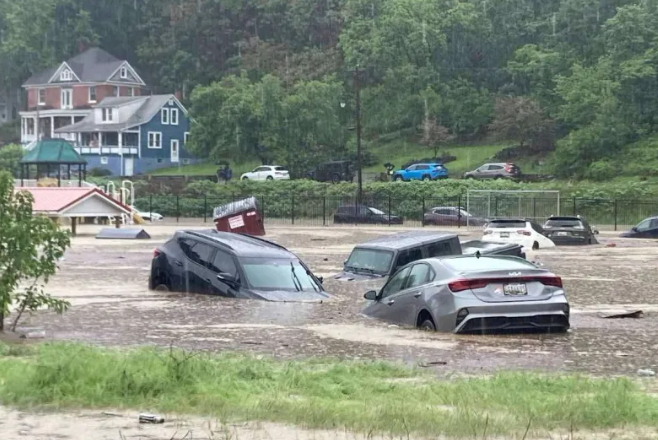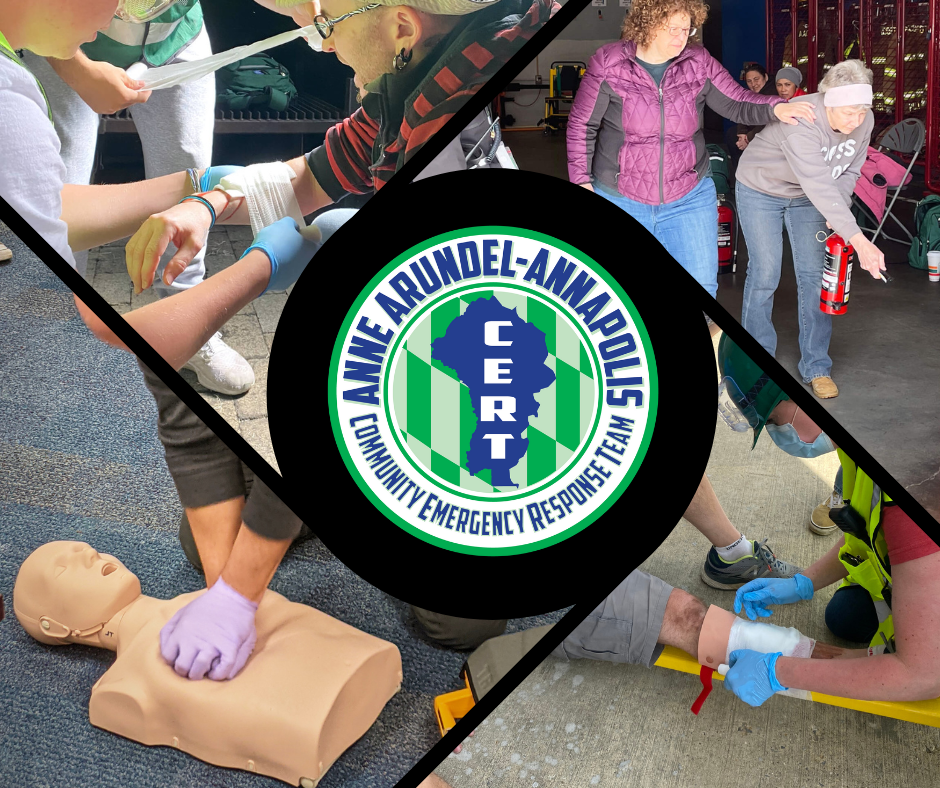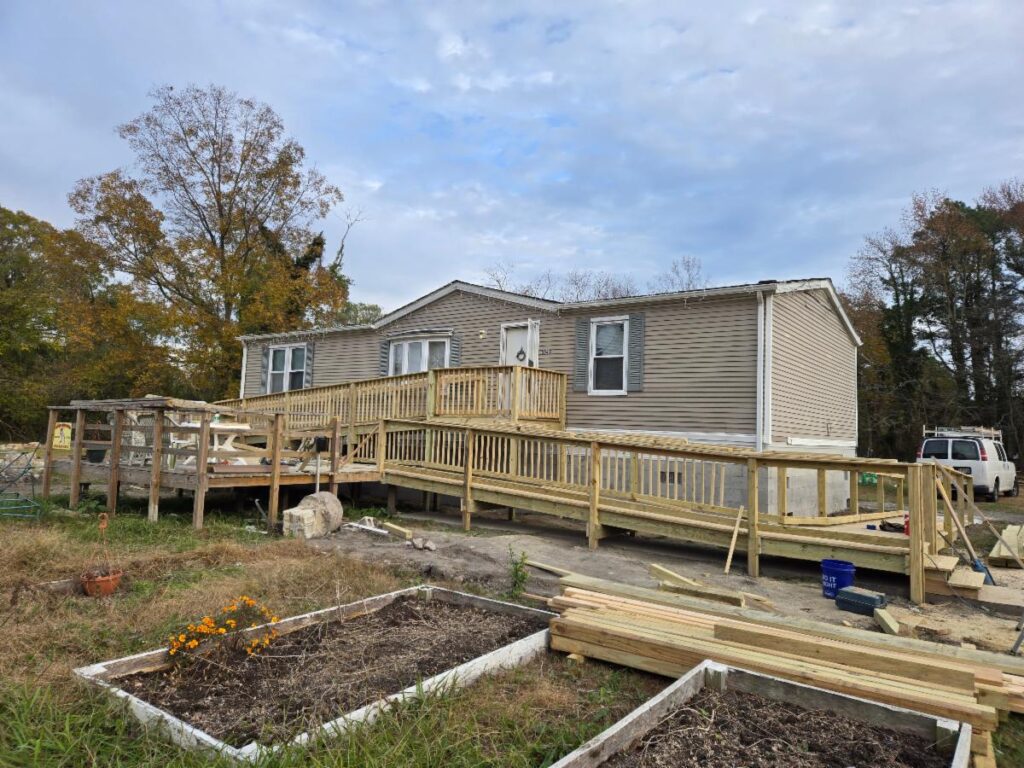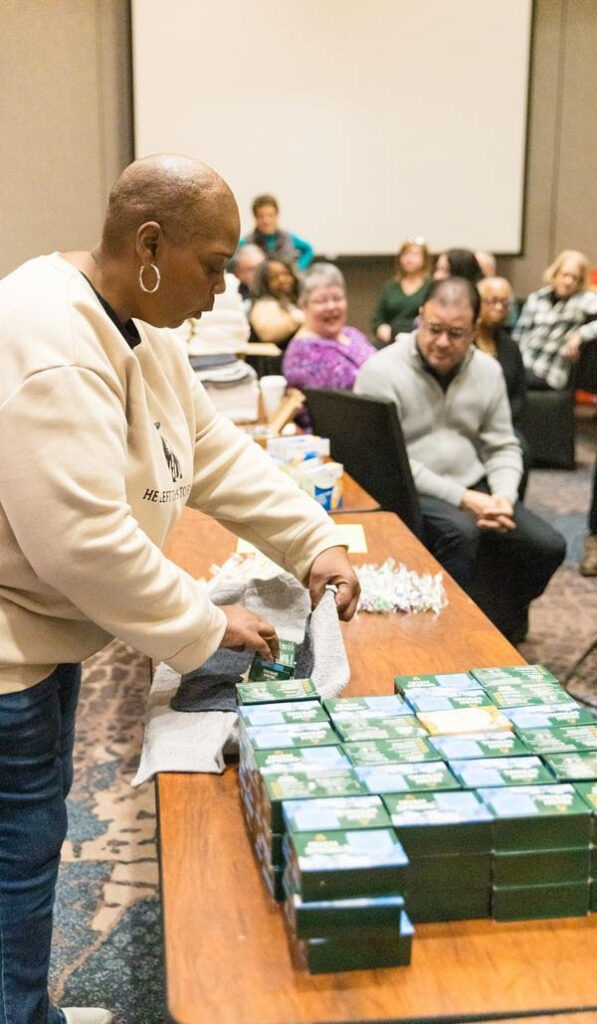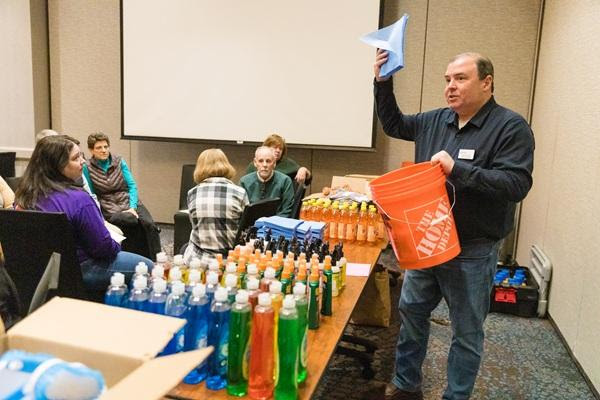Maryland Office of Resilience Unveils Comprehensive Resilience Toolkit
Empowering Communities With Funding Information, Planning Resources, and Technical Support to Tackle Future Challenges
The Maryland Office of Resilience (MOR), which is part of the Maryland Department of Emergency Management (MDEM), is proud to announce the launch of the Maryland Resilience Toolkit, available at ResilientMaryland.com. This new tool is designed to equip local governments, State agencies, community leaders, businesses, and nonprofits with access to the resources needed to strengthen hazard resilience across Maryland.
The Maryland Resilience Toolkit is a one-stop shop for resilience information and resources that can help communities across the State adapt to and overcome a wide range of evolving risks, from climate change and natural hazards to infrastructure challenges. By offering access to resilience grant opportunities and best practices, the Toolkit ensures that Maryland’s unique communities—from urban centers to rural towns—can build stronger infrastructure, protect their environments, and safeguard their people.
“The key to a resilient Maryland lies within our State’s ability to be prepared to adapt, withstand, and swiftly recover from disruptions to daily life,” said Secretary Russ Strickland of MDEM. “The Maryland Resilience Toolkit offers our communities the resources they need to shape a more resilient Maryland, where communities thrive.”
Who Is the Toolkit for?
- State and Local Governments: Supporting operational planners and leadership teams to create robust resilience strategies.
- Resilience Authorities: Assisting local entities with the tools to promote community resilience at every level.
- Businesses and Nongovernmental Organizations: Empowering organizations to take proactive steps in risk mitigation.
The Toolkit’s development represents Maryland’s ongoing commitment to proactive resilience planning. It underscores the belief that resilience must be collaborative, inclusive, and far-reaching—touching not just coastal areas, but every community across the State.


